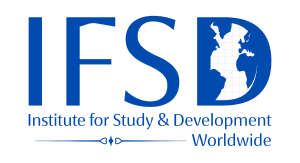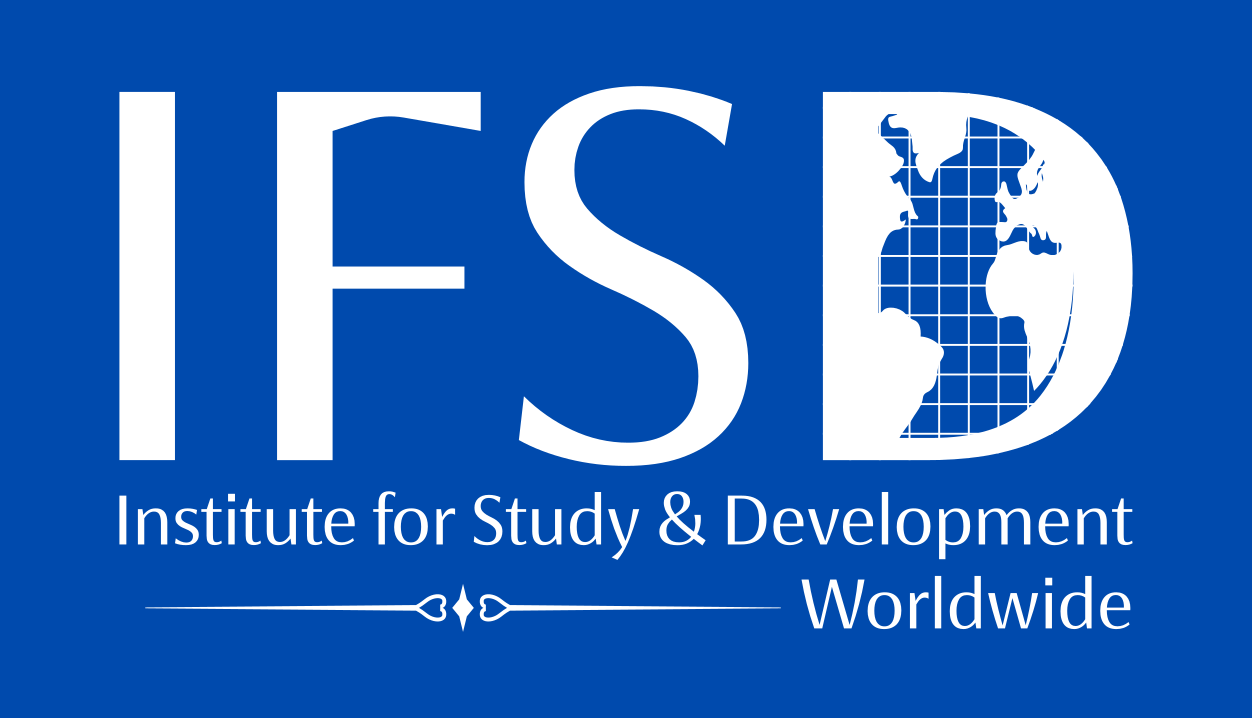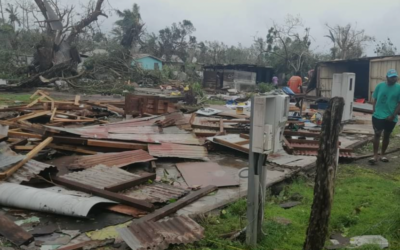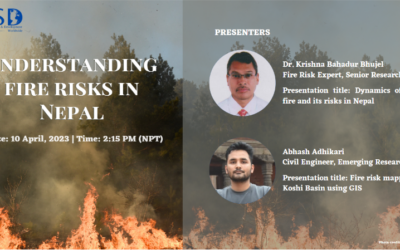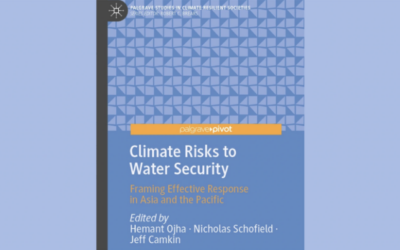By Priyanka Gurung, Hemant Ojha, Nusrat Naushin, Prabin M Singh, Basundhara...
Climate Change
Climate change is increasing global disasters. The impact of climate change is worldwide, but it is also disproportionate. The experience and effect are different for all the countries. Loss and damage (L&D) are the “third pillar” of international climate governance alongside mitigation and adaptation. There is a pressing need for the countries to work and stakeholders to work together to reduce the current loss incurred by the countries and minimize carbon emission.
IFSD focuses on climate change to support adaptation efforts and community development. At IFSD we layout well researched strategies and knowledge that can be used by different stakeholders at international, national and local level. The aim is to analyze the current policies and constantly work towards their improvement as per the pressing need of the region. IFSD also collaborates with different organizations on various projects to combat climate change.
Latest
Understanding fire risks in Nepal : A report summarizing the event proceedings and outcomes
Overview On April 10, 2023, the Institute for Study and Development Worldwide (IFSD) held a knowledge sharing session to discuss forest fire risks...
Accelerating actions for water security
By Priyanka Gurung, Purnima Banjade | 5 Mar 2023 Water has been an essential aspect of human life throughout history, and the looming global water...
